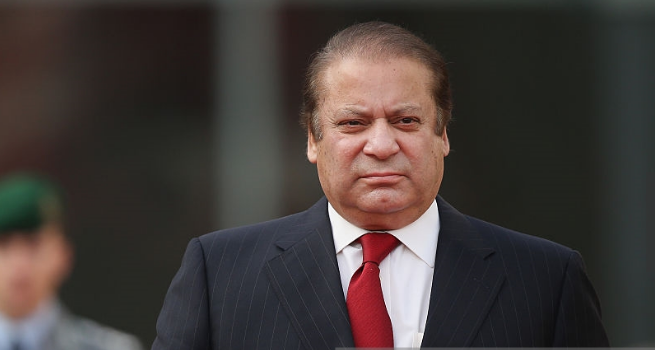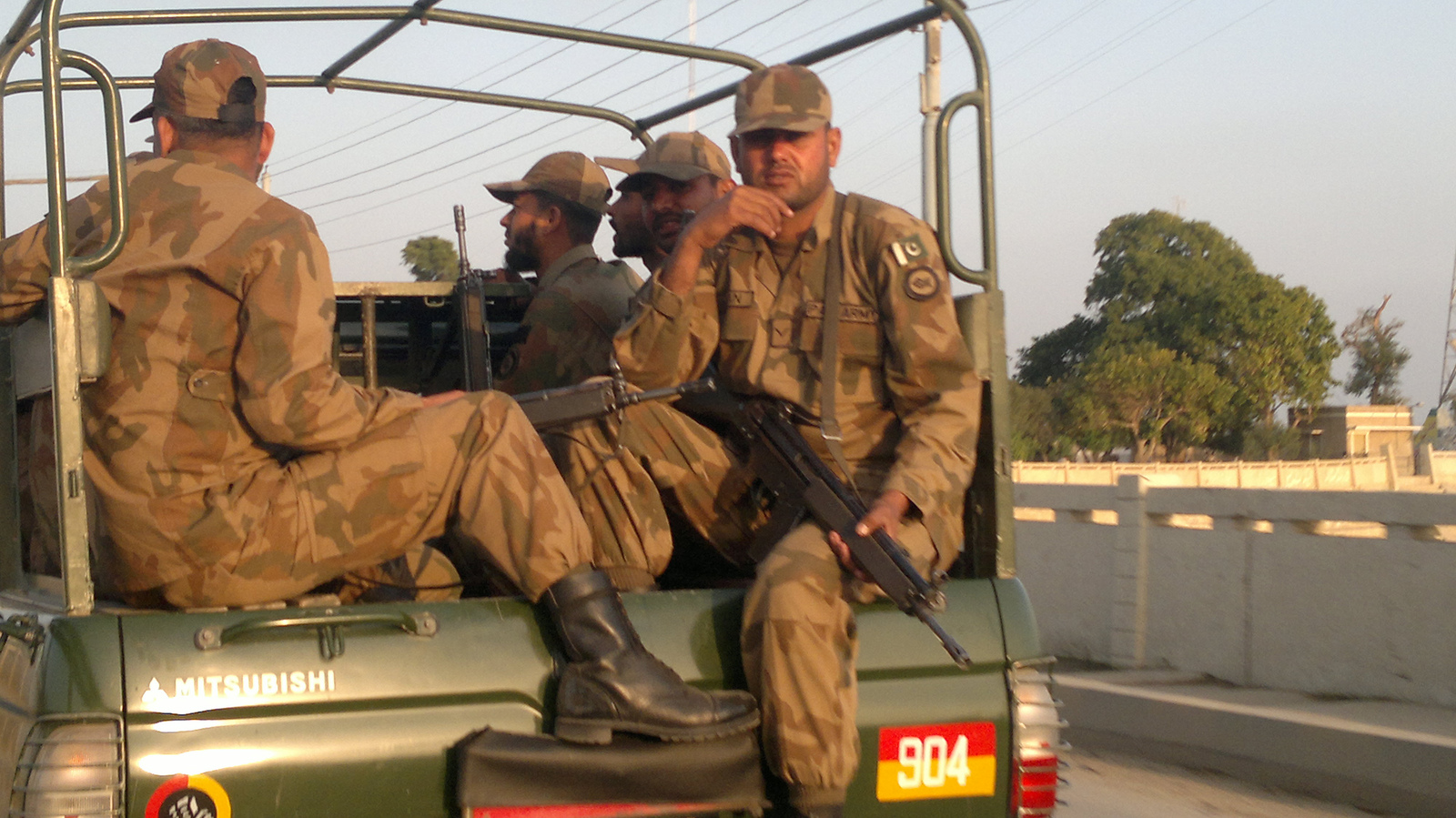
Pakistan has been fighting terrorism at home for over a decade. This fight has claimed thousands of Pakistani lives, including civilians, soldiers, and government officials. More than two years ago, Pakistan developed a comprehensive counterterrorism plan called the National Action Plan (NAP) to deal with rapidly rising extremist threats in the country. While military operations carried out under NAP have reduced the number and lethality of suicide attacks in the country, Pakistan is still struggling to construct a broad counter-narrative to counteract the ideological appeal of proscribed jihadist organizations in the country. Unless Pakistan’s counterterrorism strategy includes neutralization of widespread sympathies among the population for various sectarian and jihadist organizations, Pakistan’s militant challenge is likely to aggravate in the coming years.
Ideological Extremism and Militancy in Pakistan
Pakistan has become infested with religious extremists and sectarian jihadi groups. This has, by and large, happened due to a generation of Pakistani leaders such as Gen Zia-ul -Haq’s sponsorship of militarism, religious revivalism, and the use of political Islam to fulfill vague and ill-defined political and security objectives. Numerous sectarian and jihadist groups in Pakistan justify their violence and militaristic values in the name of personal faith. Whether it’s the Shia-Sunni confrontation, the militaristic campaign of the Pakistani Taliban, insurgent groups fighting in Kashmir, or other radical elements willing to join some organization or fundamental cause, these multiple strands of militancy find legitimacy in narratives that were once upheld, supported, and accepted by the state. For instance, during the 1980s and 1990s, military and civilian governments in Pakistan encouraged policies that led to the mushrooming of the militaristic culture in the country.
Following the 9/11 attacks in the United States, Pakistan, under international pressure, attempted to contain a number of jihadist groups operating in the country, estranging the Islamic fundamentalists whose ideas had been previously accepted if not encouraged by the state. Since then, while Pakistan’s military efforts against extremist elements have gradually become effective, the state has been unable to challenge the radical forces on ideological fronts. The state has been unable to take back the ideological space controlled by fundamentalist groups and replace it with a more progressive and liberal narrative of Islam. This is one of the key reasons that fundamentalist networks in the country continue to influence public opinion and enlarge their support base.
Counterterrorism Challenges Posed by Extremists’ Ideological Appeal
To counter the state’s efficacy on the battlefield, extremist groups have increased their ideological collaboration and supported each other’s movements for mutual gain. For instance, there has been increased collaboration between various anti-Shia movements and the Taliban, to the extent that it is now difficult to differentiate between the movements. This also involves joint accumulation of public support, which undermines state military efforts. Mass support of militant outfits makes it difficult for the Pakistani military to carry out operations against such groups. Radical groups based in mainland Pakistan, particularly in the province of Punjab, that maintain widespread public support have largely been left alone in the last few years due to the state’s fear of backlash and public discontentment.
While the majority of sectarian and other militant organizations have formally been proscribed by the Pakistani government, almost all of them continue to operate freely, particularly on social media. The implementation of a ban on such groups is seen as risky for the same reasons that military operations are: widespread public support. According to a recent investigative report carried out by Dawn, 41 out of 64 of Pakistan’s proscribed groups operate openly on social media such as Facebook, Twitter, and other platforms. These sectarian and other jihadist groups have arguably been able to operate freely due to support for their conservative narratives, which continues to eclipse any progressive and liberal discourse about religion in Pakistan.
While radical groups cite the prevention of threats to religion and its defense as the main justification behind their use of violence, consolidated efforts by right-wing political factions to entrench conservatism in Pakistan have exacerbated these narratives. Hardliners in Pakistan often exploit Islam’s generally-accepted conservative outlook in their public communications, which usually draw hundreds, and sometimes even thousands, of people to the streets against the country’s ruling liberal elite. These elements, along with proscribed groups, have relentlessly lobbied to resist changes in Pakistan’s blasphemy laws and madrassa reforms, thus stymieing counterterrorism efforts.

The Way Forward
A comprehensive counterterrorism strategy includes, among other things, the isolation of militants on the battlefield. However, the struggle against ideologically inspired militant movements cannot be won through military operations alone. Countering extremism requires the state to purge the ideologies that drive support for militant groups in the first place. Any counterterrorism strategy should begin by countering the movement’s narratives, without which it cannot legitimize its actions and sustain its operations.
Countering extremist groups’ propaganda mediums and channels should be integrated into any counterterrorism plan. For example, the use of social media by these groups should be strictly monitored to limit their presence and reach. Their propaganda should be countered by disseminating a more liberal, progressive, and tolerant face of Islam. Furthermore, to challenge the motivations and beliefs that radicalize individuals, the state needs to introduce more de-radicalization programs. The effective implementation of de-radicalization programs is essential for the rehabilitation and reintegration of former fighters back into society⸺particularly young militants. Without the incorporation of measures such as these to counter militants’ ideological support, Pakistan’s counterterrorism strategy will be to little avail.
***
Image 1: Sean Gallup, Getty
Image 2: Lala Arbi via Flickr


